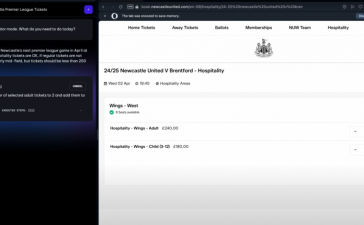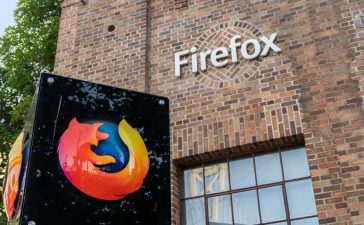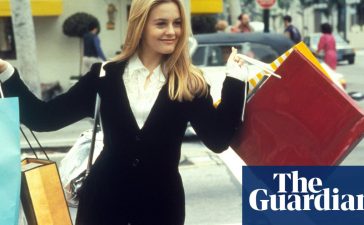And because both he and Scorsese worship at the altar of cinema, each chapter of The Saints is filled with allusions to the movies they love. The Joan of Arc episode, for example, pays homage to Robert Bresson and Carl Theodor Dryer, while the Kolbe episode has some of the verite immediacy of such neorealist masters as Rossellini and Vittorio De Sica.
But Leshem is also adamant that being a believer in a particular faith—Catholicism in Scorsese’s case or Judaism in his—isn’t a pre-requisite to watch The Saints. In fact, he decries the “partisanship” that’s complicated the national conversation around religion, especially in the media.
“People have a knee-jerk reaction when they hear something describes as ‘faith-based programming,” Leshem says. “It has come to mean something very specific—that it’s aligned with a certain group of people and a certain political party in this country.”

“The truth of the matter is that America is a country of believers and belief is a spectrum,” he adds. “Atheism is on that spectrum as far as I’m concerned. When you cover religion in a partisan way, you miss the point.”
To help further an honest and partisan-free conversation about faith, each episode of The Saints ends with Scorsese leading a panel of friends and prominent religious commentators—including Stephen Colbert’s go-to Jesuit scholar Father James Martin—tackling subjects ranging from the Catholic Church’s history of antisemitism to the concept of martyrdom. Those substantive discussions offer a welcome corrective to the partisanship-laden shouting matches that Leshem sees elsewhere in the 24/7 news cycle.
“I have this perspective that God created religion—Judaism for Jews, Catholicism for Catholics, and Islam for Muslims—as a path towards a higher understanding,” he says, expressing a sentiment that complements his father’s belief in education rather than strict adherence to one mode of belief. “It’s almost incidental that Marty’s a Catholic and I’m a Jew. We’re trying to tell great stories that are for everyone.”












